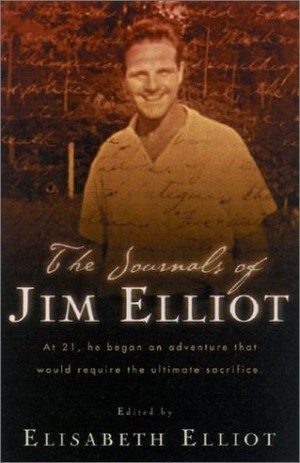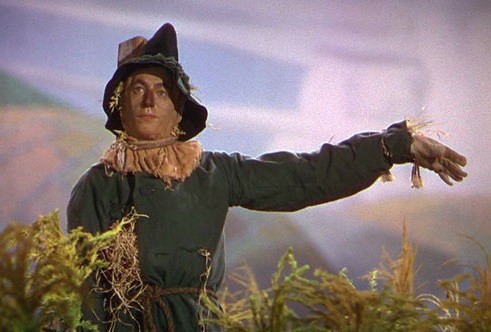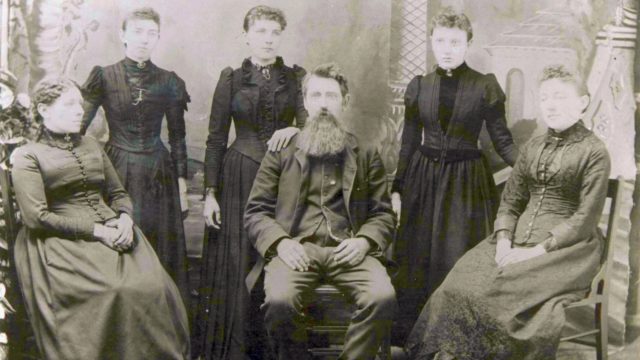Reading Reflections
The grand totals are in. I read 32 books in 2013, listed here with links to reviews. 17 were fiction, 15 nonfiction; 9 were children’s or YA books; 7 were rereads.
2013 reflects a reading trend: my quantity is going down. Last year it was 36; the year before that, 55.
What’s up with that, anyway? Mostly I consider my reduced rate to be a desirable trend. I’m reading more thoughtfully, and rereading more. I have other interests and obligations that aren’t getting short-schrifted because I’m so book-focused. I’m also writing more — though not here in this space. That’s another trend: reduced blogging, increased journalling.
 Speaking of journalling, one of several books I got for Christmas is Jim Elliot’s journals. (I put these on my list after reading Barbara’s recommendation.) I’m not very far in yet, and so far it’s mostly Elliot’s thoughts on his morning Scripture reading. I look forward to getting further in and reading about his courtship and marriage, and his transition from college to full-fledged missions.
Speaking of journalling, one of several books I got for Christmas is Jim Elliot’s journals. (I put these on my list after reading Barbara’s recommendation.) I’m not very far in yet, and so far it’s mostly Elliot’s thoughts on his morning Scripture reading. I look forward to getting further in and reading about his courtship and marriage, and his transition from college to full-fledged missions.
What is very clear is his intensity — the divine discontent. Aware that his denomination was Plymouth Brethren, I looked it up online yesterday and was surprised to see in this “non-denominational Christian movement which originated in Ireland and England during the 1820s and 1830s” some all-too-familiar feelings about the institutional church:
During the winter of 1827-28, four Christian men – John Nelson Darby, Edward Cronin, John Bellett, and Francis Hutchinson – who had been concerned for some time about the condition of the professing church, agreed, after much prayer and conference, to come together on the Lord’s Day and remember the Lord Jesus in the breaking of bread, as the early Christians did, counting on the Lord to be with them… For some time previously, they and others had been meeting to study the Scriptures; in comparing what they found in the Word of God with existing conditions at the time, they found no expression of the nature and character of the church of God, either in the National Established churches or in the various dissenting bodies.
I loved finding a precedent for my faith that something good will ultimately come from the experiences we’ve had with church in this area. These pages that record Jim Elliot’s struggle toward hearing God’s direction in the years before his life came to its ultimate and flourishing spiritual fruition pointed me even further back to others who were willing to look beyond the prevailing models to new work that God was ready to do. It’s just another reminder that holy discontent is not the end, but it can be an eternally productive part of the process toward God’s ultimate purposes.



2 Comments
DebD
I was also dismayed to discover that my reading quantity had gone down by 10 books in the last year to a low of 24 books. I’m not reading more thoughtfully or slowly either, so it’s been a bit disconcerting. I’m weaving more, but not *that* much more. There’s really nothing I can point to that would give me a reason. This year I hope to bring that number back up.
Barbara H.
That’s definitely the characteristic that most stands out about Jim Elliot – his passion, or intensity. I neede to reread that book some time.
Discontent is one of those hard areas to deal with – my first reaction tends to be that it’s my problem and I need to adjust my attitude, but there are times that discontent can lead to needed changes. I’ve mentioned before a couple of church situations that we had problems with, and there seemed to be no way to change – conversations we had with the pastor were well-received, but the momentum kept going the other way in one case, and were not well-received in another. I guess that’s why I am glad we moved in both cases. :-) I’m not sure what we would have done if we hadn’t.